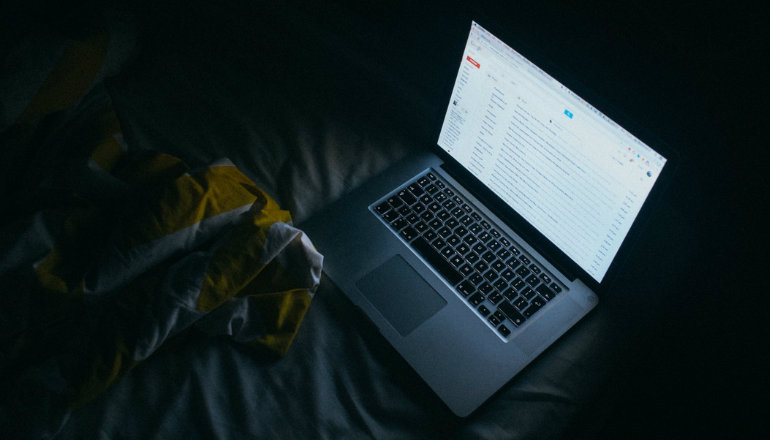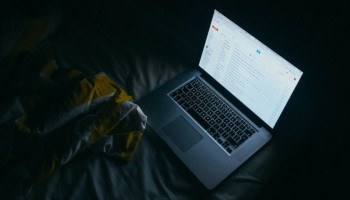 Reading Time: 2 minutes
Reading Time: 2 minutesThe Off-Season WLC Skill Practices are mini-challenges intended to help you fine-tune different aspects of your health and wellness. Offered between Challenges, these weekly practices address fitness, nutrition, stress reduction, productivity, and personal connection — because health is about far more than food and the gym (and we could all use a little practice).
Turn Off All Electronics Before Bed Each Night This Week
Simple Instructions:
- For the next seven days, turn off all electronics thirty minutes before you intend to sleep.
- “Electronics” means all phones, tablets, computers, TVs, handheld games, Kindles, or similar devices.
- During these thirty minutes, experiment with practicing a substitute behavior that actually promotes sleep — try reading, meditating, or gentle stretching.
Why Is This Skill Practice Important?
We are incredibly sensitive to the biological effects of light. Its presence or absence controls our circadian rhythm. The circadian rhythm is our innate 24-hour clock, the timing mechanism that controls our level of alertness. It is driven by melatonin, a hormone secreted by our pineal gland in response to light levels. During a “normal” 24-hour period, we experience peak wakefulness in the mid-morning and evening, with dips in the early morning hours and at mid-afternoon.
This natural ebb and flow is disrupted by light exposure during odd hours. When we expose ourselves to light at night (especially blue wavelengths), we suppress melatonin production, creating alertness just when we should be getting sleepy. A chronic lack of sleep can cause a whole host of unhealthy things to occur in our bodies and brains. And lack of sleep can even be the thing stalling your weight loss.
Therefore, controlling light emitted from our electronics becomes a key factor in getting sleep and leading a healthy lifestyle. Phones, televisions, and tablets should be shut off well before your planned sleep time, allowing your body to produce the necessary melatonin.
Engaging in relaxation techniques can further promote getting quality sleep. Instead of perusing social media, spend ten minutes practicing deep breathing, sitting in silence, or meditating. Teach your body that pre-bedtime is a time to slow down instead of bombarding it with stimuli. If you still struggle with falling asleep, you can try taking a melatonin supplement, but be sure to check with your doctor first.
If you want to get even more sleep preparation than what is suggested in this week’s practice, consider installing an app like f.lux on all your devices or a “blue shade” on your Kindle. But remember, for this week even if you’ve installed these tools, you’re still going to need to turn everything off thirty minutes before bed.









